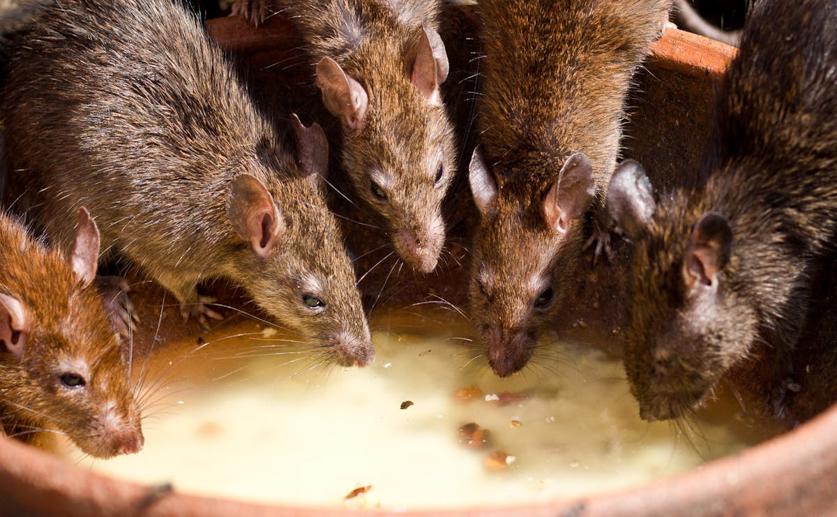
Gotu Kola Extract and Compound Soothe Stress-Induced Depression in Rats
Greg Howard
6th May, 2024

Image Source: Vincent M.A. Janssen (photographer)
Key Findings
- Study in young rats shows Centella asiatica may reduce depression-like behaviors caused by early-life stress
- The plant extract and its component, madecassic acid, lowered brain inflammation and oxidative stress
- These findings suggest Centella asiatica could be a new natural treatment option for depression
MedicineMental HealthPlant Science
References
Main Study
1) Hydroalcoholic Extract of Centella asiatica and Madecassic Acid Reverse Depressive-Like Behaviors, Inflammation and Oxidative Stress in Adult Rats Submitted to Stress in Early Life.
Published 4th May, 2024
https://doi.org/10.1007/s12035-024-04198-1
Related Studies
2) The three-hit concept of vulnerability and resilience: toward understanding adaptation to early-life adversity outcome.
3) Regulation of brain-derived neurotrophic factor (BDNF) in the chronic unpredictable stress rat model and the effects of chronic antidepressant treatment.
4) From stress to inflammation and major depressive disorder: a social signal transduction theory of depression.
5) Epigenetic and epistatic interactions between serotonin transporter and brain-derived neurotrophic factor genetic polymorphism: insights in depression.



 28th April, 2024 | Jenn Hoskins
28th April, 2024 | Jenn Hoskins